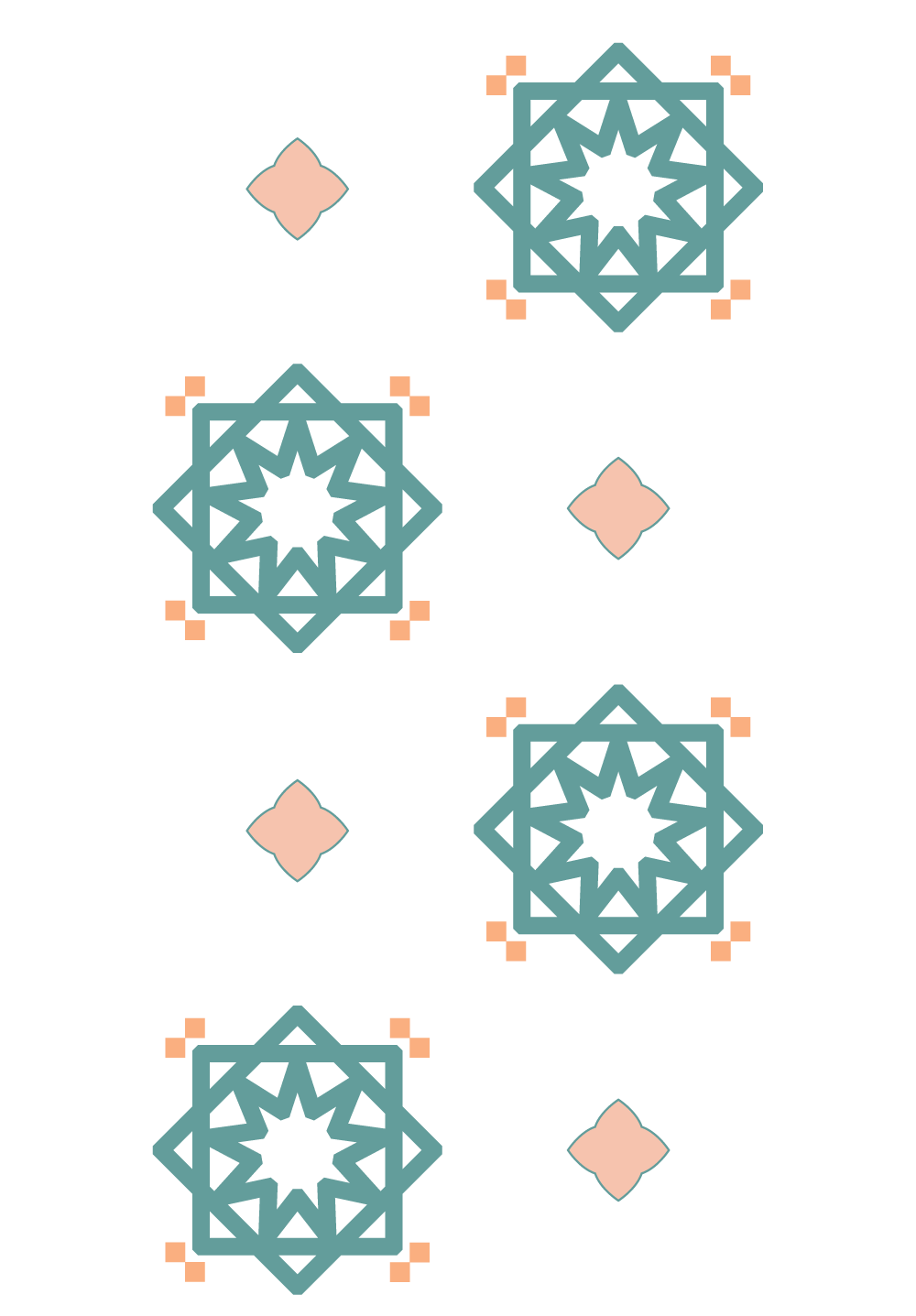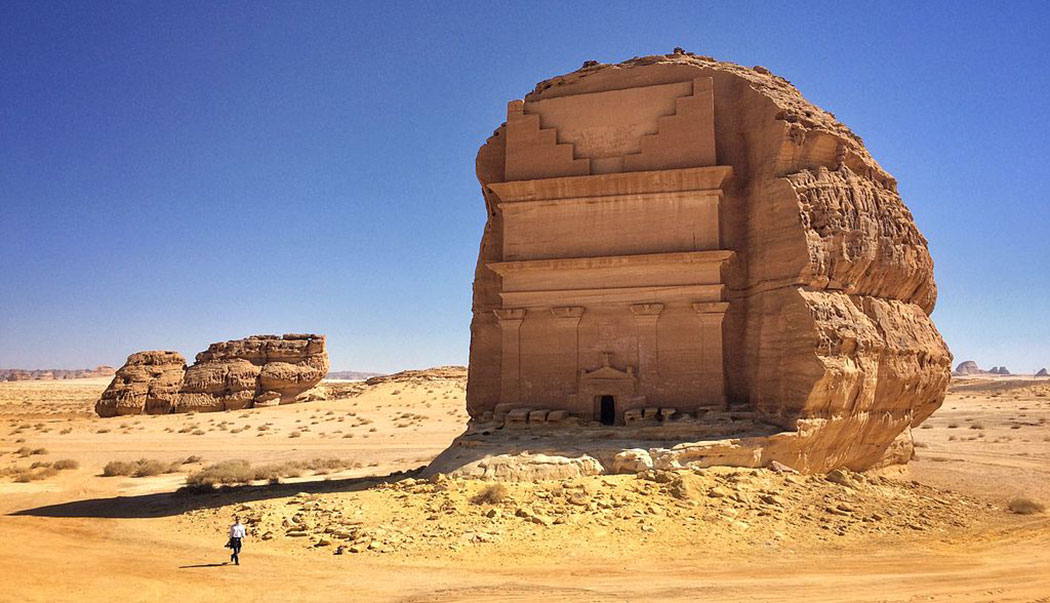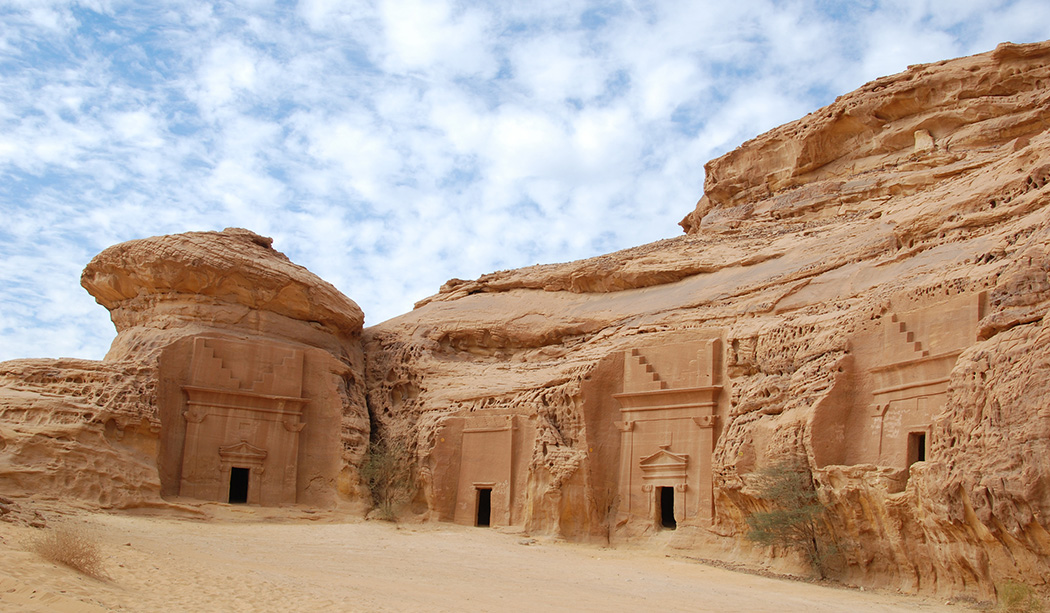


The people of Aad are the people of the Prophet Hud (PBUH), and they are the first to worship idols after a long period of monotheism that prevailed on earth after the flood of Noah. Moreover, they were fierce people of valor, strength, and impressive height, and they had a thriving civilisation. Allah, The Almighty, also extended their livelihood and gave them the physical strength that enabled them to build houses with huge pillars that were unparalleled at the time. He also gave them various water sources that contributed to the prosperity and diversity of their agriculture, so that their homes became as the Garden of Eternal Bliss, as mentioned in several surahs of the Holy Quran, where they were an example of strength, austerity, prosperity, affluence, and good living.
Allah, The Almighty, granted the people of Aad strength and physical power, as well as plenty of sustenance and abundant wealth. Their lands were fertile, and their crops were varied and abundant, so they enjoyed influence, power, and prosperity in all aspects of their lives. Instead of praising Allah, The Almighty, for these blessings, they were struck by arrogance and vanity, denying those blessings, and attributing them to their great strength and physical capabilities. Rather, they began to tyrannise and oppress other nations, and they rejected the message of Prophet Hud (PBUH), whom Allah, The Almighty, sent to call them to monotheism and renounce idolatry. Instead, they mocked of Allah’s Prophet, accusing him of lying, and refusing to comply to his call.No miracles were associated with the people of Aad, as was the case for other nations; however, some commentators believe that Allah’s decision to send his Prophet Hud (PBUH) alone to such bloodthirsty tyrants to bring them onto the path of monotheism, is a miracle in itself. The Prophet confronted them alone, contemptuous of their gods and the gods of their fathers, and despite their strength and their power, they were unable to inflict any harm on him.
The people of Aad took pride in their might, cities, and high-rise architecture leveraging unparalleled massive pillars. They also boasted before other nations and tribes of the strength and splendor given to them by Allah. The Almighty. However, they did not thank Him for these blessings that He bestowed upon them; Rather, they did not believe in Allah, The Almighty, and associated Him with other Gods they carved themselves. Moreover, they did not believe Allah’s Prophet and furthered their arrogance and pride in their power and tyranny. So, they ignored Hud's threat, when he told them that Allah can give succession to another tribe instead of them, just as He made them successors after the people of Noah. But they turned away from Hud and clung to polytheism and their idols. Still, they bolstered their transgression and defied Allah, The Almighty, by asking their Prophet about who was more powerful than them. As a result, Hud resorted to Allah to complain, for he was one man facing a powerful and arrogant group of unbelievers. Allah, The Almighty, answered his prayers. The people of Aad deserved the torment that was ordained upon them, in the form of furious screaming winds sent by Allah, The Almighty.

The punishment came in the form of a screaming violent windstorm which Allah, The Almighty, imposed on them for seven days and eight nights straight. The screaming wind is the fierce, very cold wind with the intense deafening whistling sound, causing bodies to shiver. The powerful wind swept away people, trees, and animals; so, the people of Aad resorted to their homes and took refuge in them. But the houses did not withstand the strong winds and scattered in the air, leaving their owners alone helplessly facing those winds, which were never seen before. The wind carried tons of sand that buried the people of Aad, their huge structures and rich farms. The people fallen as if they were hollow trunks of palm trees, as mentioned in the Holy Quran, to be a lesson and a warning to other nations.